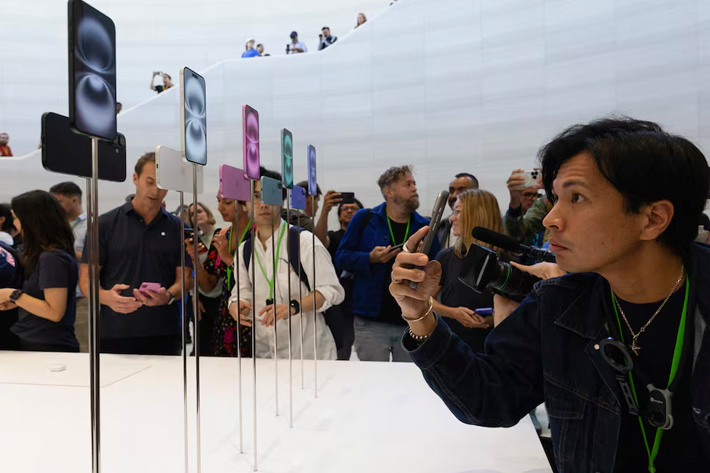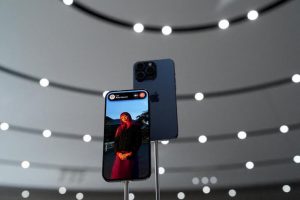Indonesia is imposing a ban on the sale of Apple’s newly launched iPhone 16 in the country — for now, at least — saying the US tech giant remains behind on its investment commitment to the country.
Since 2016, Indonesia requires makers of smartphones and tablets to source a certain amount of their components domestically or invest an amount equivalent to that percentage to be able to sell within the country.
But Apple has fallen short of either of those requirements, according to multiple statements from the Indonesian industry this month.
Also on AF: AI Surge Lifts Nvidia to Become World’s Most Valuable Company
Local content rules — referred to as TKDN — require Apple to use at least 40% of parts manufactured locally in its smartphones.
On Friday, ministry spokesperson Febri Hendri Antoni Arief said the iPhone 16 did not meet that threshold.
That was after Industry Minister Agus Gumiwang Kartasasmita told local media earlier this month it was still waiting for Apple to fulfill its commitment to invest 1.71 trillion Indonesian Rupiah ($113 million) in the country — an amount it deems equivalent to the 40% sourcing threshold.
“If any iPhone 16 is operating in Indonesia, I can say that it is illegal. Report it to us,” Kartasasmita told Bisnis Indonesia.
Ministry spokesperson Arief reiterated that statement on Friday, saying “imported iPhone 16 hardwares cannot be marketed in the country, because Apple Indonesia has not fulfilled its investment commitment to earn a local content certification.”
Without that certification Indonesia can hold back on granting a distribution permit or an International Mobile Equipment Identity (IMEI) certification to a smartphone-maker — as it has done in Apple’s case.
Apple has no manufacturing facilities in Indonesia, but since 2018 it has been setting up app developer academies, which including the new academy have a total cost of 1.6 trillion rupiah ($101.8 million).
For Apple fans in Indonesia — the ban means they can still buy the iPhone 16 for personal use from abroad but pay high import fees to do so.
Fast-growing market
This is not the first time Apple has run into trouble in Indonesia. Nearly a decade ago, Apple failed to meet a 30% local content requirement for its iPhone 6 and was unable to sell the phone in the country.
To remedy that, the tech firm committed to invest around $44 million in a research and development centre and was eventually able to get clearance to sell the iPhone 7 in Indonesia.
Meanwhile, this year, Apple CEO Tim Cook said he will look into building a manufacturing facility in Indonesia during a visit in April.
Industry Minister Kartasasmita said at the time he hoped the tech giant would also increase local content by partnering with domestic firms. Companies usually increase the domestic requirement through local partnerships or by sourcing parts domestically.
Losing out on the Indonesian market could be crucial to Apple at a time it is struggling to bolster sales in China, which has been one of its top markets.
Indonesia has a huge, tech-savvy population, making the Southeast Asian nation a key target market for tech-related investment.
In the first quarter of the year, Indonesia’s smartphone market grew by 27.4% year-on-year and 11.5% quarter-on-quarter, according to research firm IDC.
The top two smartphone makers in the country during that period were Chinese firm OPPO and South Korean firm Samsung. But Apple led sales in the higher-priced smartphone segment, which grew 12.8% year-on-year, according to IDC.
- Vishakha Saxena, with Reuters
Also read:
Apple May Turn to China After India Fire Threatens Festive Push
New iPhone Uses Arm Chip Tech as Apple Eye AI Upgrades: FT
Indian Regulator Recalls Competition Probe Reports on Apple
Google ‘Monopoly’ Ruling Could Cost Apple $20 Billion
Huawei Looks to Steal Apple’s Tech Crown With Tri-Fold Phone






















